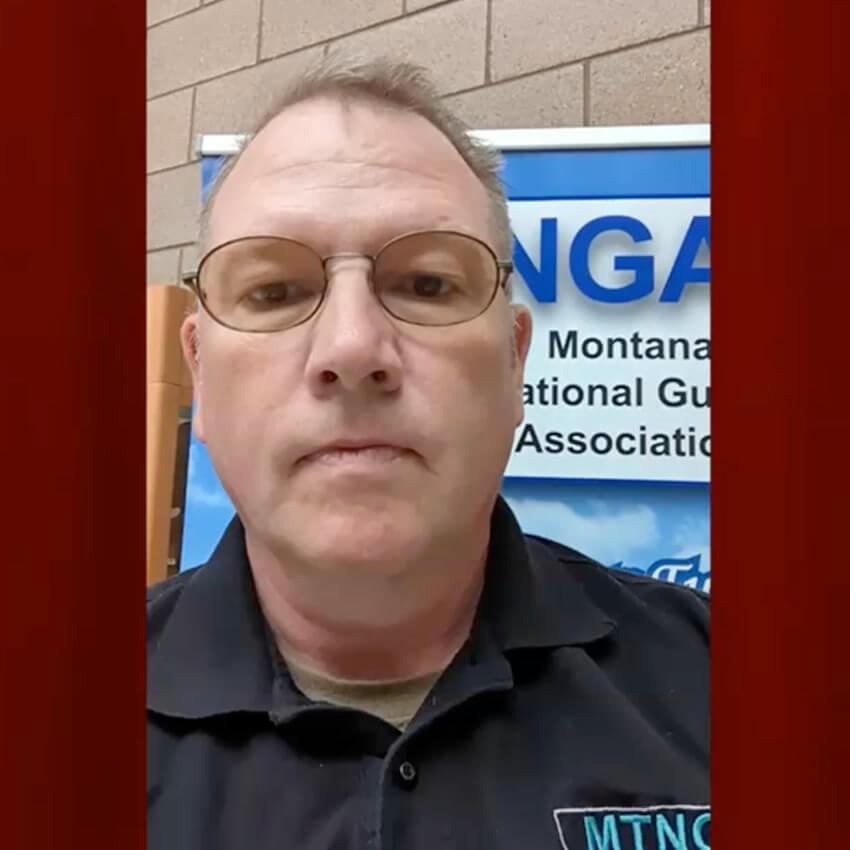Why Gratitude Works. (3 Ways to Improve Your Gratitude)
Why Gratitude Works. (3 Ways to Improve Your Gratitude)
Hi, I’m Paul Krismer, I’m your happiness expert, and this week, I’m going to talk about gratitude. It’s apropos because it’s American Thanksgiving this week, so I want to talk about gratitude, and from a very scientific perspective. I have an aunt who comes from a good curmudgeonly family history, I’ve got it too. My family was judgmental and opinionated, and pretty negative in their outlook generally speaking. This family member of mine is similar in some respects. Yet, she’s driven by the science of Coveton, fascinated by how some people are doing the wrong things, and the science proves this and that, and the other thing, all of which I fully accept. But she’s very pessimistic and judgmental and dismissive of the science of positive psychology which is ironic. She’s driven by science for things that kind of support her worldview and some of the negative beliefs she has about the world. She’s dismissive of science when it could actually be really, really helpful for her. So this week, we’re going to talk strictly about the science of positive psychology, particularly the amazing and abundant science all around gratitude. So stay tuned, that’s coming right up.
As a coach, public speaker, and best-selling author, I teach topics just like this one all around the world. So stay tuned, and I’ll give you practical tools that you can use to make both yourself and those around you both happier and more successful. Yeah, so I’m super grateful that tomorrow, I’ve been invited to a Thanksgiving dinner with a hockey friend and his family. It’s going to be fun, I’m going to do the big American turkey dinner thing, and that’ll be just wonderful. That gratitude I have is something that I can actually work on and make a bigger, more prominent part of my life. There are basic practices that we can learn that make us more effective and happier as a result of the gratitude we generate. There are a ton of amazing, really huge, proven scientific benefits of gratitude, and maybe in this video, I’ll share just a few of them and give you a flavor of the robust, abundant, various ways in which we can benefit from being more grateful.
Those obviously include emotional benefits. Our emotional set is a poor positive one when we practice a lot of gratitude. There’s good research showing that our social benefits are huge. We become more likable, we have better, longer-lasting marriages, generally speaking, our deeper, warmer relationships occur when we’re grateful. There are career benefits. People are more goal-oriented, they achieve more goals, they have better productivity, better decision making, all that kind of stuff. There’s good science showing lots of stuff with respect to health. People who are grateful have better immune systems, they sleep better, they actually live longer. And then finally, I’ll maybe mention the spiritual benefits of gratitude. We become less materialistic, and that’s a really key one. David, maybe we’ll include a link in the description below to a video I’ve done once before on materialism and how damaging that can be for our well-being. But in addition to being less materialistic, we get this diminished ego where we’re just less self-centered, we become more selfless, which is an easier, happier way to live in the world. And then finally, we become more optimistic and hopeful when we’re grateful.
So I have three different types of gratitude practices that you can incorporate into your own life. In large part, one or two of these would make a big difference in your life. The first one is practices of daily gratitude. There are three proven go-to techniques. The first one is every day, look to your past 24 hours, and simply write down three things that went well for you. Search your memory and go, oh, that went well, this went well, and that went well, and write it down. It’s not about how you feel, it’s about training the brain to be looking for and recognizing the things that are going well in your life. The second daily gratitude practice, you can choose one or the other, is instead of writing down three things, just everyday journal about one thing that went well. Who was there? What happened? How did it make you feel? That simple reflection, I promise you, will make you happier, not just again in the moment but in terms of having trained yourself to look for that kind of thing in your life. A second gratitude practice that’s exceptionally powerful, not the kind of thing you could do every day perhaps, but is writing a letter of gratitude.
Think of a time, a place, a person in your life that made a big difference, that impacted you in a very positive way, and write that person a letter. Tell them what they did, how it changed your life, and how you feel about that experience. This is a very beautiful practice because not only will it make you feel a lot happier as you do the exercise, but it’s something you can share. The ideal circumstance would be to go visit that person and read out loud that letter to them. If that’s not possible to you, you could send them the letter. And if that person’s someone you don’t want to have a relationship with or they’ve passed on, you could burn or bury the letter in some kind of ceremonial way, saying, I’m acknowledging this person and the role they played in my life. Beautiful practice, this letter of gratitude. Thirdly, is this whole idea of savoring and saving is really kind of just directed daydreaming. You can savor your past, your present, or your future, and this is simply saying what are the good things that happened in my life and spend some time revisiting that or imagining that.
So if you’re talking about saving your past, you might think of great moments you’ve had with family and friends, and literally just spend a few minutes savoring that great moment. Or it might be something in the present, and going, oh this is beautiful. I was speaking to someone this week who talked about the post-performance high. They perform as a troop, and when they’re finished, everybody’s feeling this really great feeling. And they know immediately they’re going to start to feel less well because the moment has passed. And they could collectively, as a group, or as individuals, just spend some time reflecting on how that fell. What went well? What did they do to make it an excellent performance? And just savor that moment. And then finally, savoring the future is like stealing happiness from a future event and bringing it right into today. But unfortunately, when you steal it, you don’t take anything away from how good it’ll be in the future. And the best example I have of this is anticipating a future vacation. Early in the new year, I’m thinking I’m going to get to either Mexico or Hawaii or someplace like that for about a week, just to chill out and enjoy the sunshine. And I can start imagining now, the place I’m going to be, the beach I’m going to go to, the surfboard that I’m going to wipe out from, and all those kinds of things that are the fun, enjoyable things that are scheduled for the future and start imagining them now.
And the thing about savoring is the formal practice. Again, dedicate time to it, a few minutes maybe once a week. Put it in your calendar; make sure you do it. And all three of these exercises, daily gratitude practices, letters of gratitude, and savoring, are all proven to be very effective gratitude interventions. I want to close this video by talking about something I’ve talked about before, called hedonistic adaptation. This is the idea that over time, we take for granted the good things that happen in our lives. Like how many of you woke up today, go wash your hands, and say, “Oh, I’m so grateful that I have hot water?” You know, one time in our lives, in the history of humanity, that would have been a really big deal. Most of us who are watching this video, of course, don’t think about it at all. And all of these kinds of gratitude practices I’ve been talking about are ways of not preventing hedonistic adaptation but kind of combating against it, fighting it, and saying no, I’m going to stop and pause and acknowledge the good things in my life, even if I’ve become accustomed to them.
So, we’ve got to be aware of hedonistic adaptation and be grateful for our friends, our family, our jobs, our incomes, our healthy and safe communities, and all the things in our lives that we so often take for granted. If you like this kind of content, click the like button, share the video with your family and friends, and perhaps share it with your HR director. This is exactly the kind of stuff that I think organizations can build into their cultures to make them more successful. Thanks for watching, and we’ll see you next time. Bye for now.























